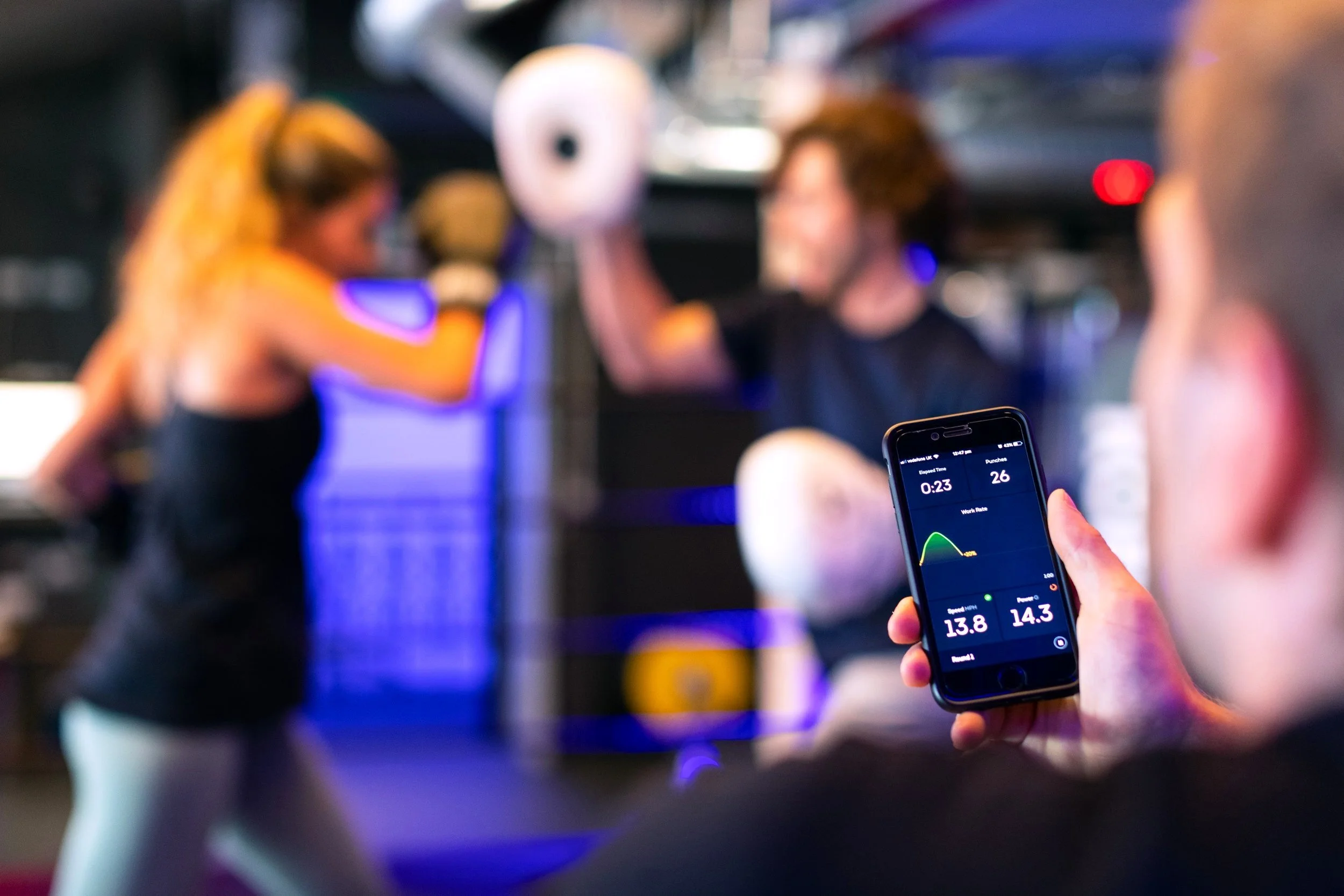Disrupting Diabetes Care Delivery
"30 Years with Type 1 Diabetes: 153,300 Finger-Prick Tests, 61,320 Injections, and 180 Extra Daily Decisions - My Journey with a Lifelong Condition" - Grant Reilly
Diabetes is a long-term medical condition that is growing in prevalence in Scotland, and globally, and is and will continue to have considerable impact and expense on healthcare systems in the years to come.
Technological advances have also become more common in recent years with the introduction of implantable blood glucose sensors so you can view your sugar levels in real time without the need to finger-prick blood test and insulin pumps that automatically release insulin into your system without the need for continual injections.
These innovations have greatly improved my ability to manage my condition within tight parameters and hopefully reduce the likelihood of long-term side effects of diabetes (.e.g., permanent eye and kidney damage and the potential need for amputation) and the cost on the NHS to look after me as I grow older. However, these technologies come at a cost – a financial one – that often means that those living with the condition struggle to get access to them or are not empowered and educated enough on how to best manage their condition.
This could all change by thinking differently about how we deliver our healthcare. After 28 years of clinic appointments and the continual focus on prescribing medication to improve my health I decided to take it into my hands and managed to reduce my Hba1c to one point off being non-diabetic and all I did was use my own data that came from my medical devices (insulin pump and blood glucose machine) and off the shelf consumer devices and apps (that we all use on a daily basis) including smart scales, bluetooth blood pressure monitor, MyFitnessPal, fitness and activity tracker and sleep monitor.
By overlaying and looking at all my data I learned to identify trends and activities that positively or negatively affected my diabetic control. Who would have ever thought that by reducing your bedroom temperature by 2-3 degrees centigrade that it would have a positive impact on blood glucose levels!
- If you want to know more about that, just ask me!
Now, people may say I am proactive and probably extremely focused/ privileged to be able to do this and that many people living with diabetes would not have that luxury. While this may be correct to some extent, the majority of people do have access to SMART devices (and use them alongside their medical devices) on a daily basis to track their fitness and nutrition. They just need to be re-educated on how some simple changes could help them.
Others may say that not all people are that motivated to help themselves and that is also the case, but by allowing those who are, to self-manage their condition, you could in theory remove me/ them from clinic appointments, etc… time which could be re-allocated to provide extra support to those who need them.
You could then, to really think outside the box, consider prescribing technology and/ or alternative health and wellbeing services to citizens, in their own communities, which could take pressure off the NHS. We could employ gamification and incentivise citizens to share their data to improve their health and gain access to different services. This may be seen as way off becoming a reality, but it is a nice vision to have, where citizens are empowered to self-manage and improve their own health by using and sharing their own data!
This ties in very nicely with the work that the Digital Health & Care Innovation Centre (DHI) undertakes, empowering citizens to self-manage their medical conditions by owning, sharing and utilising their own data through personal held data stores and health records. They also run a #DigiInventors Challenge that not only inspires and empowers young people to identify and develop entrepreneurial and digital skills while raising awareness of career opportunities in the digital health and care sector, but also gets them to identify the health challenges that they face and come up with ideas that could be transformed into real digital health and care solutions. It also aligns with several of the United Nations Sustainable Development Goals - Food Health & Wellbeing, Quality Education and Industry Innovation and Infrastructure.
Scotland is an innovative country with many people looking to collaborate and co-design solutions that will not only improve the health of Scotland’s citizens but also give us opportunities to attract inward investment and solutions that could be exported globally.
Diabetes is a focus of DHI and they are helping to transform diabetes care in Scotland through innovation.
You never know, the next generation of digital diabetes solutions might be developed by our young people and could truly disrupt the way health and care is delivered by the NHS and other health and care providers.
Grant Reilly, is a Type 1 Diabetic with over 30 years lived experience. He is the founder of the Ganesha Gear Diabetic Bag Of Life, Head of Communications & Marketing for the Digital Health & Care Innovation Centre, and a volunteer member of the TEDxGlasgow Team.



